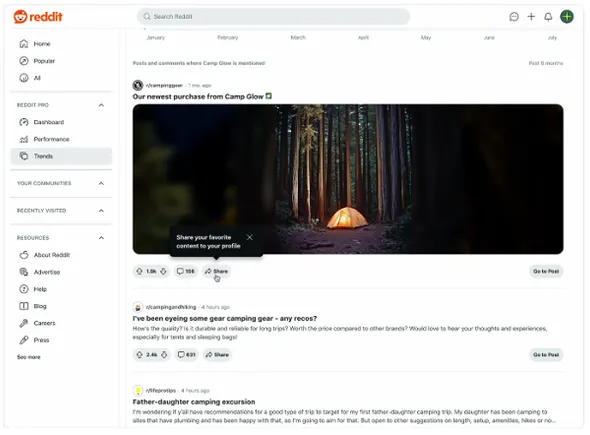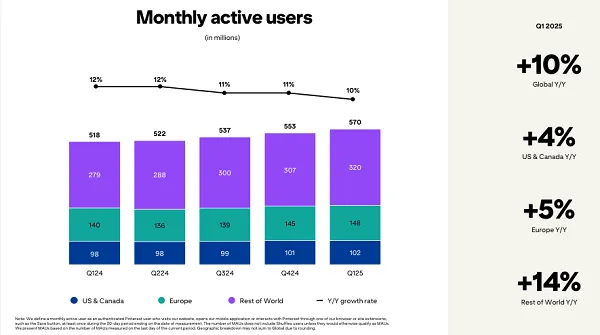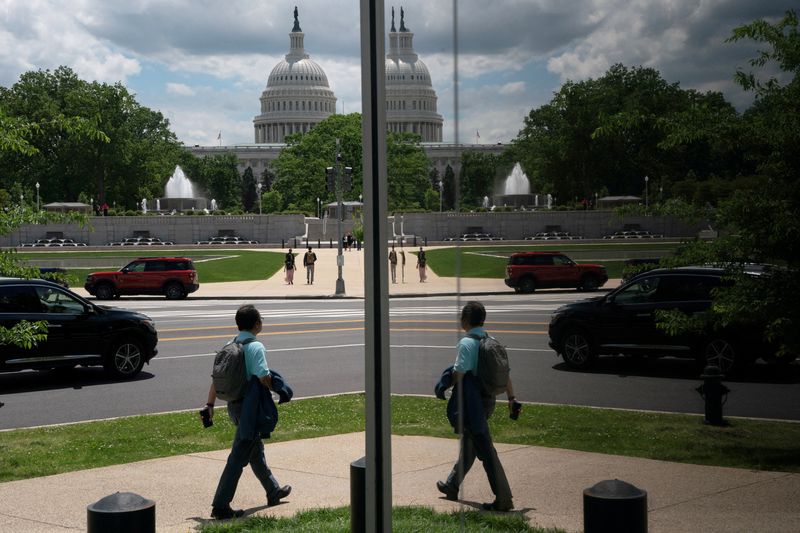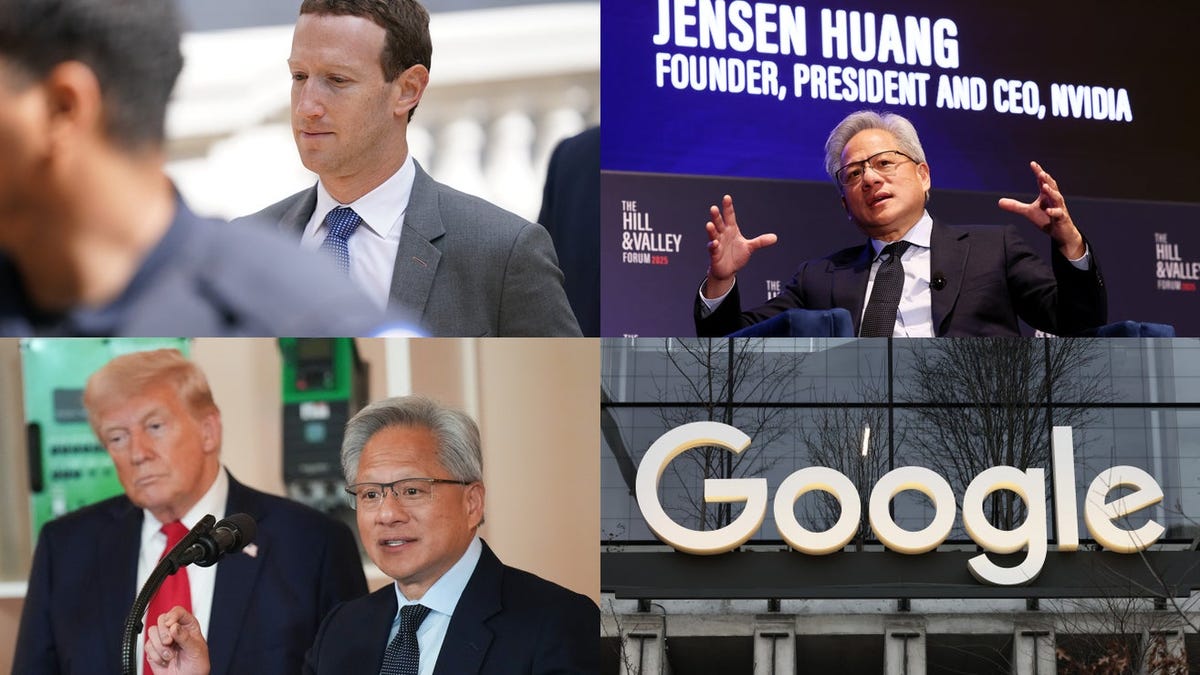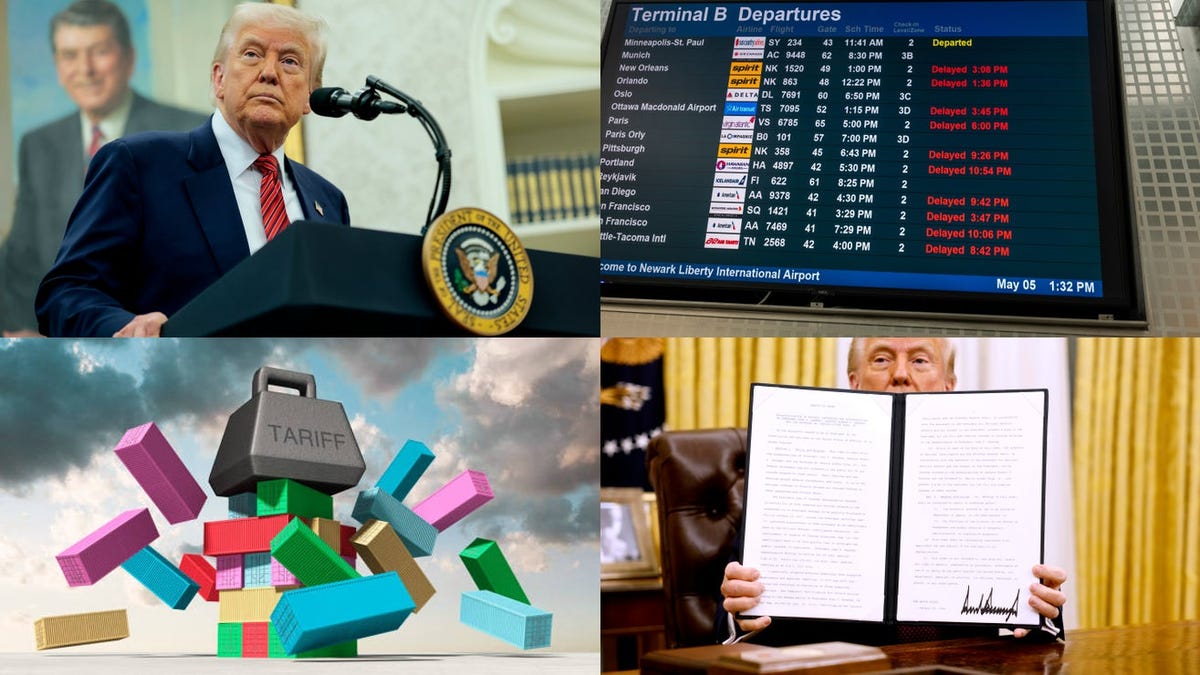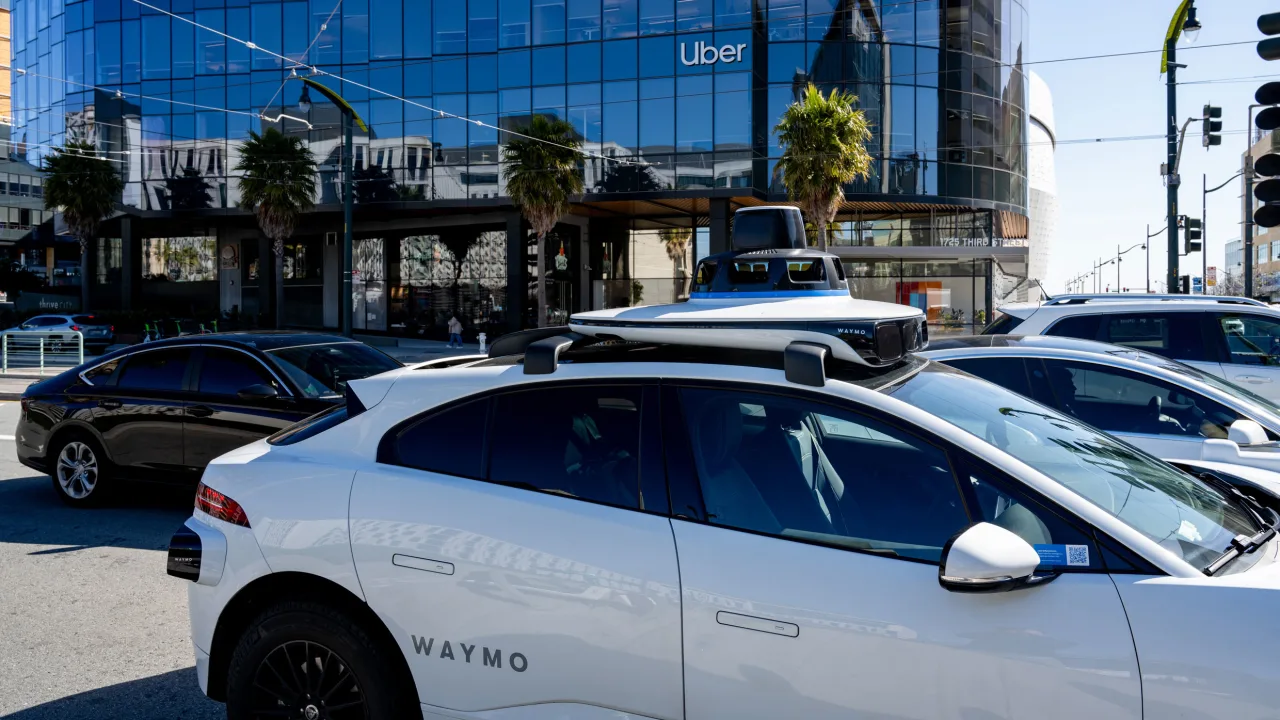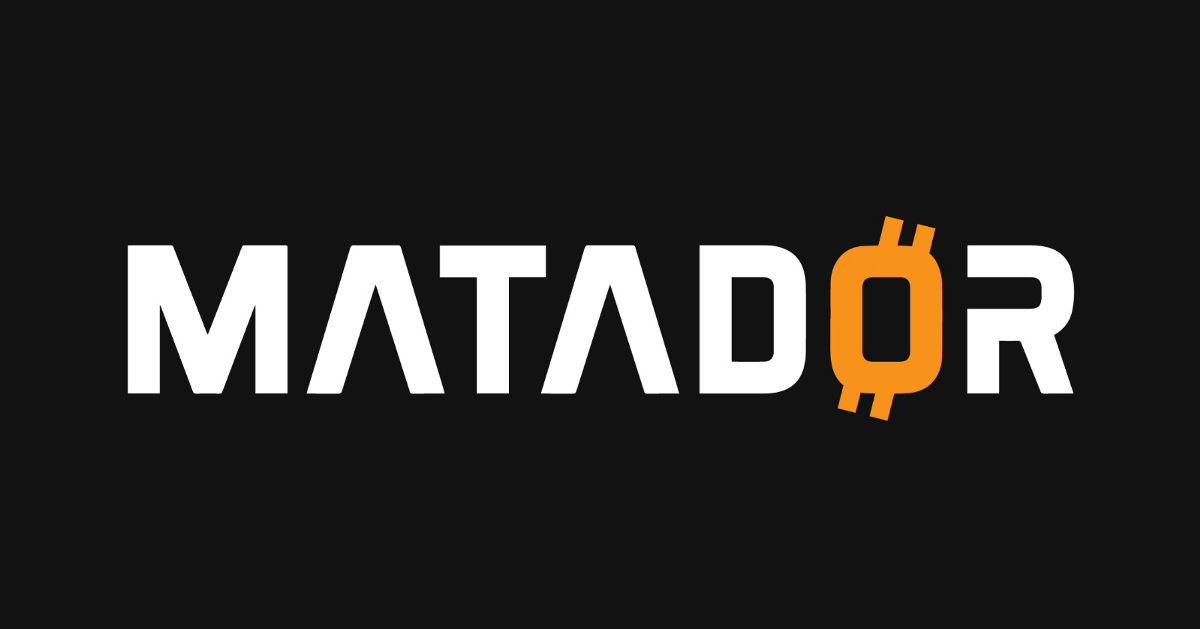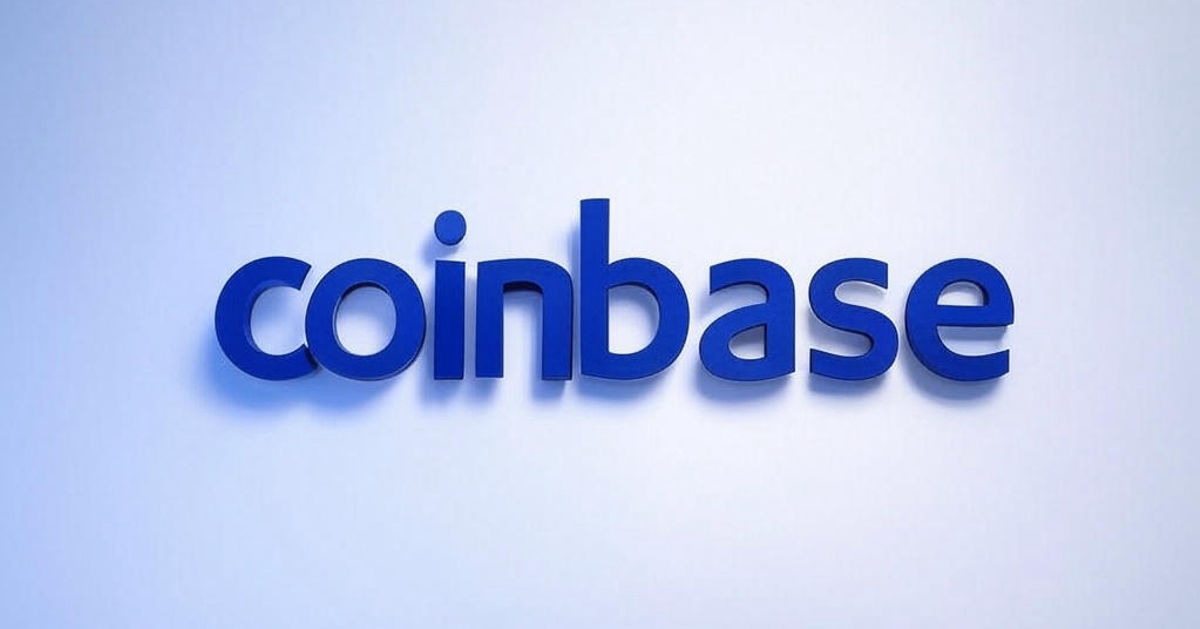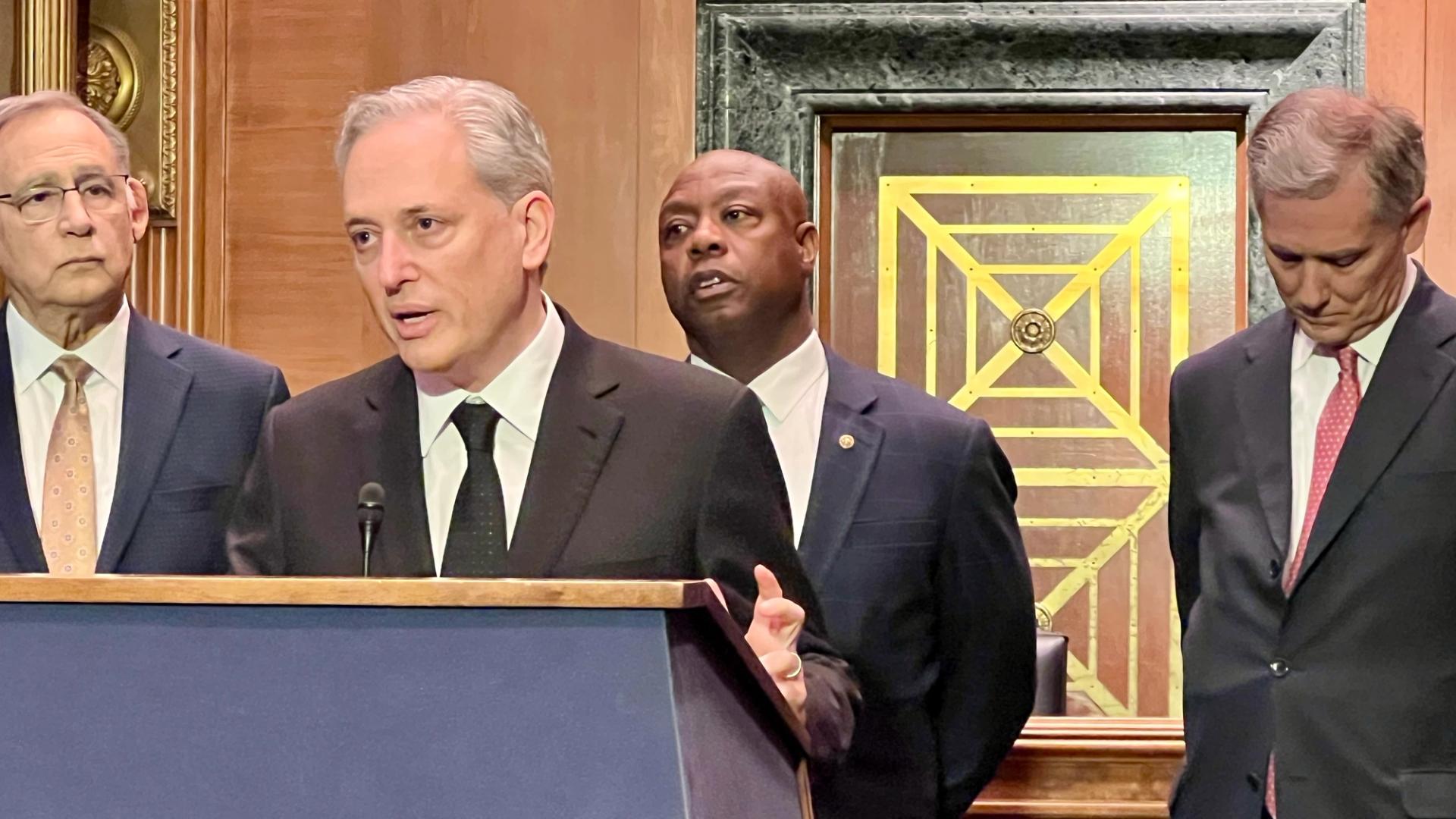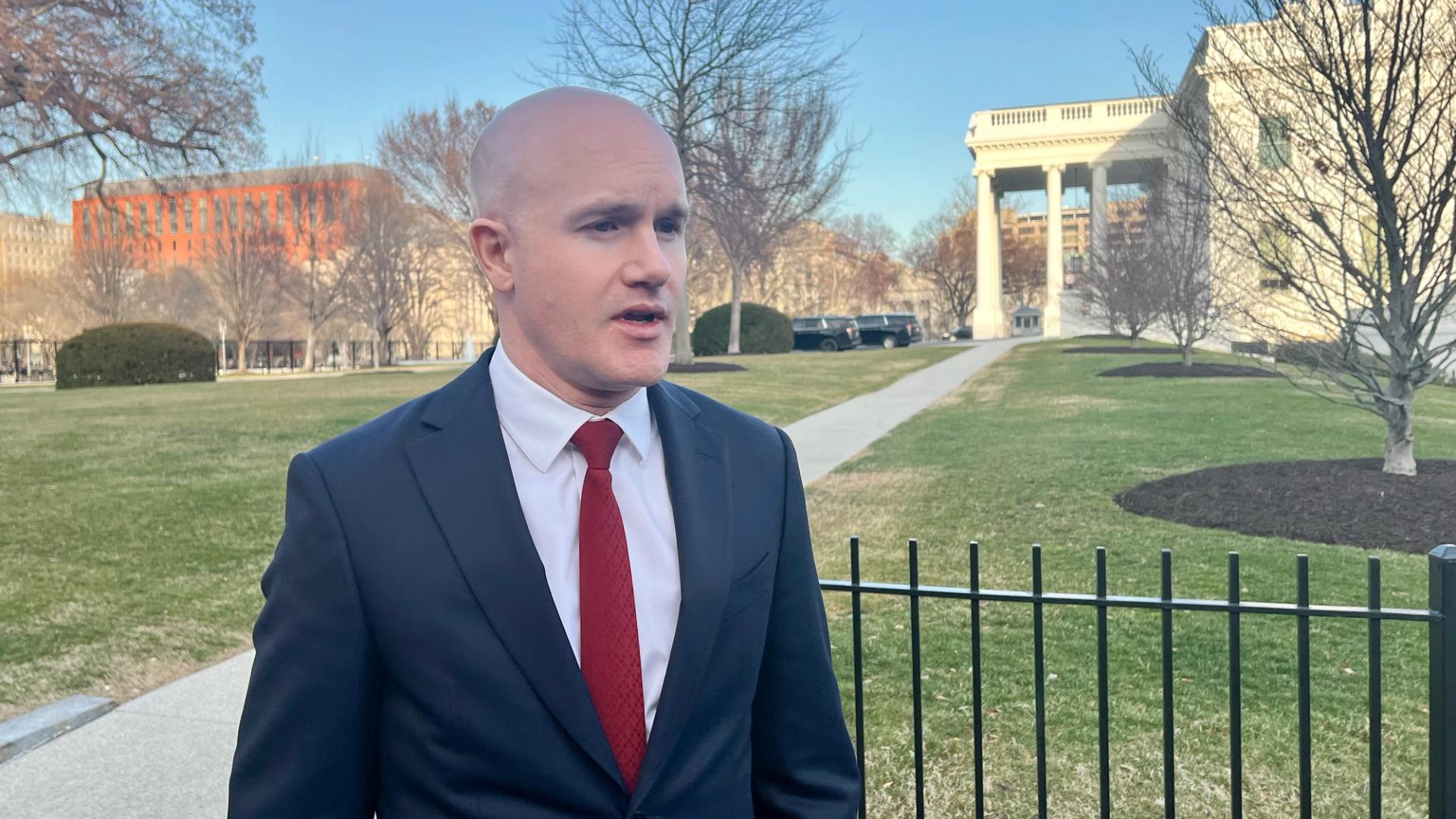How A Simple Question Tripped Up a North Korean Spy Interviewing for an IT Job
Long-time Slashdot reader smooth wombat writes: Over the past year there have been stories about North Korean spies unknowingly or knowingly being hired to work in western companies. During an interview by Kraken, a crypto exchange, the interviewers became suspicious about the candidate. Instead of cutting off the interview, Kraken decided to continue the candidate through the hiring process to gain more information. One simple question confirmed the user wasn't who they said they were and even worse, was a North Korean spy. Would-be IT worker "Steven Smith" already had an email address on a "do-not-hire" list from law enforcement agencies, according to CBS News. And an article in Fortune magazine says Kraken asked him to speak to a recruiter and take a technical-pretest, and "I don't think he actually answered any questions that we asked him," according to its chief security officer Nick Percoco — even though the application was claiming 11 years of experience as a software engineer at U.S.-based companies: The interview was scheduled for Halloween, a classic American holiday—especially for college students in New York—that Smith seemed to know nothing about. "Watch out tonight because some people might be ringing your doorbell, kids with chain saws," Percoco said, referring to the tradition of trick or treating. "What do you do when those people show up?" Smith shrugged and shook his head. "Nothing special," he said. Smith was also unable to answer simple questions about Houston, the town he had supposedly been living in for two years. Despite having listed "food" as an interest on his résumé, Smith was unable to come up with a straight answer when asked about his favorite restaurant in the Houston area. He looked around for a few seconds before mumbling, "Nothing special here...." The United Nations estimates that North Korea has generated between $250 million to $600 million per year by tricking overseas firms to hire its spies. A network of North Koreans, known as Famous Chollima, was behind 304 individual incidents last year, cybersecurity company CrowdStrike reported, predicting that the campaigns will continue to grow in 2025. During a report CBS News actually aired footage of the job interview with the "suspected member of Kim Jong Un's cyberarmy." "Some people might call it trolling as well," one company official told the news outlet. "We call it security research." (And they raise the disturbing possibility that another IT company might very well have hired "Steven Smith"...) CBS also spoke to CrowdStrike co-founder Dmitri Alperovitch, who says the problem increased with remote work, as is now fueling a state-run weapons program. "It's a huge problem because these people are not just North Koreans — they're North Koreans working for their munitions industry department, they're working for the Korean People's Army." (He says later the results of their work are "going directly" to North Korea's nuclear and ballistic missile programs.) And when CBS notes that the FBI issued a wanted poster of alleged North Korean agents and arrested Americans hosting laptop farms in Arizona and Tennesse ("computer hubs inside the U.S. that conceal the cybercriminals real identities"), Alperovitch says "They cannot do this fraud without support here in America from witting or unwitting actors. So they have hired probably hundreds of people..." CBS adds that FBI officials say "the IT worker scene is expanding worldwide." Read more of this story at Slashdot.

Read more of this story at Slashdot.




